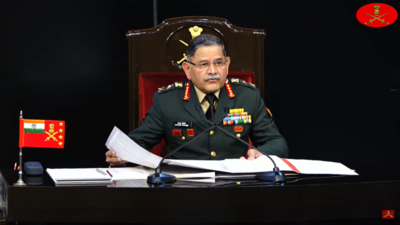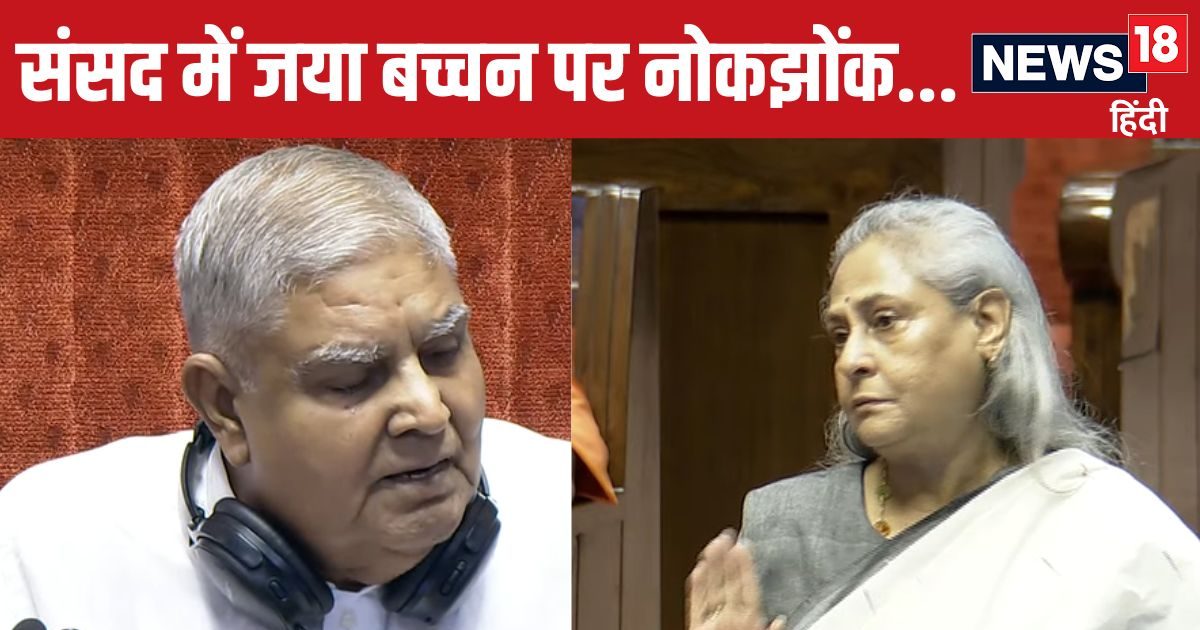NEW DELHI: Army chief General Upendra Dwivedi on Saturday conducted his first press briefing after taking charge and stressed the Indian Army’s readiness to address any situation along the sensitive Line of Actual Control (LAC) in eastern Ladakh, Pakistan (LOC), Manipur, and the northern border.
Chief of Army Staff (COAS) General Dwivedi underlined the Army’s operational preparedness, stating, “Our deployment is balanced and robust; we are capable of handling any situation.”
Preparedness along the LAC:
Discussing the situation along the northern borders, General Dwivedi remarked, “The situation is sensitive but stable.” He pointed to significant progress in key areas of eastern Ladakh, such as Depsang and Demchok, which have witnessed renewed patrolling and grazing activities after years of restrictions.
“In October, the situation in Depsang and Demchok in eastern Ladakh got resolved. The patrolling to traditional areas in these two sub-sectors has commenced. Similarly, traditional grazing has also commenced in these two areas,” he noted.
He added, “I have authorised all my co-commanders to handle these issues at the ground level with respect to patrolling and grazing so that these trivial issues can be resolved at the military level itself. Own deployment along LAC is balanced and robust. We are well poised to deal with any situation. A focus on capability development for northern borders has enabled the infusion of niche technology into a war-fighting system.”
On Manipur situation:
Speaking about the situation in Manipur, the Army Chief said that there is a gradual improvement in the region and the situation is under control. He said, “In Manipur, synergised efforts of security forces and proactive government initiatives have brought the situation under control. However, cyclic incidents of violence continue. We are working to establish peace in the region.”
He highlighted reconciliation efforts in Manipur, saying, “Various NGOs and our veterans are reaching out to the community leaders to give effect to a kind of reconciliation.” On the Indo-Myanmar border, he assured, “Enhanced surveillance and domination are in place to insulate from a spillover of turbulence which is taking place in Myanmar as of now.”
General Dwivedi also revealed that Rs 17 crore had been allocated to upgrade Quick Reaction Teams (QRTs) and Quick Reaction medical teams, based on lessons learned in 2024.
Challenges over Pakistan border:
Addressing the situation in Jammu & Kashmir and along the Line of Control (LOC), General Dwivedi shared the Army’s continued vigilance. He noted that 60% of terrorists eliminated last year were of Pakistani origin, adding, “As of today, whatever is a remnant in the Valley and Jammu area, we feel that around 80% or more are of Pakistan origin.”
He further said, “The situation is firmly under control. On the Line of Control, the ceasefire effective from February 2021 after the DGMO understanding is holding on. However, the terror infrastructure remains intact. Infiltration attempts continue, including from the IB sector. In recent months, increased terrorist activities were seen in North Kashmir and the Doda-Kishtwar belt. Overall violence parameters are under control.”
General Dwivedi highlighted the success of events such as the Amarnath Yatra, which saw over five lakh pilgrims this year, and peaceful elections, stating, “The theme of terrorism to tourism is gradually taking shape.”
Vision for transformation and self-reliance:
General Dwivedi articulated a vision for the Army’s transformation into a future-ready, self-reliant force. “My mission is to ensure full spectrum preparedness while concurrently transforming the Indian Army into an ‘atmanirbhar’ future-ready force to be a relevant and key pillar of the national security apparatus that also contributes meaningfully towards nation-building,” he said.
He linked these efforts to India’s goal of becoming a developed nation by 2047, saying, “Our lines of efforts as regards the developed nation by 2047 are truly aligned.”
Recognising the media’s role, General Dwivedi said, “You (press) are a vital channel between the Army and the citizens. Your progressive and constructive reporting helps the Indian Army in the correct perspective.” He emphasised the potential synergy between mass media and security forces, adding, “I am a strong proponent of the theme that mass media and security forces have great potential to converge together towards nation-building and national security.”




